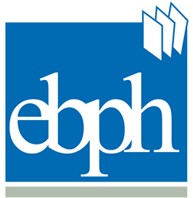Athleticogenomics and elite athletes: a review of the state of the art and a possible relationship with inflammatory response
DOI:
https://doi.org/10.2427/5671Keywords:
athleticogenomics, athletes, inflammatory response, reviewAbstract
Background: Recent research in athleticogenomics has begun to reveal how particular genetic polymorphisms
may influence athletic status and confer an individual predisposition for better sports performances. This
is of particular interest for elite athletes because it could help to assess an athlete’s potential, to enhance
specific training protocols for selected performances, to monitor the individual response to training load and
recovery and, finally, aid in the prevention of accidents.
Methods: Using a topics search in the PubMed database, the search strategy included studies examining
the relationship between the presence of polymorphisms in genes influencing selected physiological
parameters and the elite athletic status. English written case (elite athletes) -control (general population)
studies were selected.
Results: 26 research articles concerning polymorphic genes involved in muscle physiology, cell respiratory
function, substrate supply and inflammatory response, significantly associated with a predisposition of elite
athletes for sports respect to their control counterparts were registered. The majority of the included genes
are functionally linked but the gene involved in inflammatory responses and represents the first evidence of
an association between this gene polymorphism and elite athletic status.
Conclusions: The identification of these polymorphisms could be potentially useful to evaluate an individual’s
potential for elite sports disciplines. Moreover, as recently observed for the interleukin-1 receptor antagonist
(IL-1RN) polymorphism, since there are genetic variants having a relevant role not only in sports medicine, but
also in the development of medical disorders, their study could help to better understand how a particular
polymorphism could influence the pathogenesis of a specific gene related disease.





